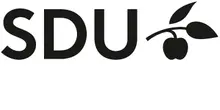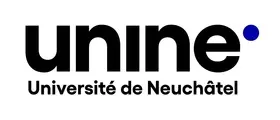Economics Terms A-Z
La macroeconomia
Read a summary or generate practice questions using the INOMICS AI tool
Avete tutti sentito il termine prima d'ora, senza dubbio innumerevoli volte. Ma cosa significa veramente? Beh, il più grande indizio è nel nome. La MACROeconomia è una branca dell'economia che guarda all'economia nel suo complesso, in particolare alla sua struttura, alle sue prestazioni e al suo comportamento. Lo fa considerando i cambiamenti aggregati di fenomeni come il prodotto interno lordo (PIL), l'inflazione, gli indici dei prezzi, il reddito nazionale e i tassi di disoccupazione.
La macroeconomia cerca di capire esattamente cosa guida un'economia e come le sue prestazioni possono essere migliorate. I suoi esponenti, quindi, si occupano di domande come: quali fattori causano la disoccupazione? Come si può stimolare la crescita economica? Cosa spinge l'inflazione? I modelli, le teorie e le previsioni che questi interrogativi fanno emergere influenzano spesso la politica economica dei governi. Quindi sì, è una materia piuttosto importante.
-
- Conferenza
- Posted 4 weeks ago
Industrial Policies in a Globalized and Financialized World
Between 7 May and 8 May -
- PhD Candidate Job
- Posted 2 weeks ago
3 PhD positions at the Vienna Graduate School of Economics (VGSE)
At Vienna Graduate School of Economics - VGSE in Vienna, Austria
-
- Researcher / Analyst Job
- Posted 1 week ago
Economic Analyst – Corporate Tax Modeller
At Joint Research Centre of the European Commission in Sevilla, Spagna













